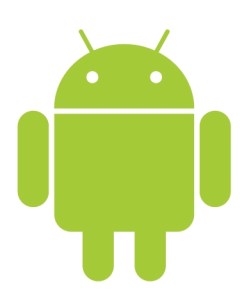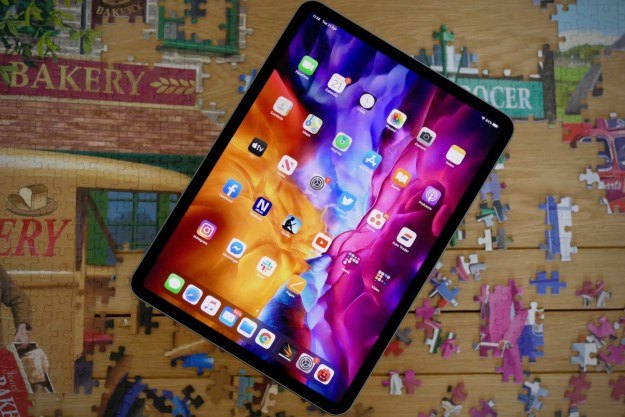
Last week, intellectual property expert Florian Mueller caused a stir by distributing a 46-page analysis in which he examined the source code files for Google’s Android operating system and claimed to have found numerous instances where Google copied Oracle’s Java code outright, or de-compiled it using software tools. The assertions seemed to back up Oracle’s infringement suit against Google: that suit, if successful, could lead to Oracle collecting a payment for every Android device sold.
However, ZDnet’s Ed Burnette—an actual software developer—disputes Mueller’s conclusions: he downloaded the same files that Mueller examined and concludes they don’t bolster Oracle’s case against Google. Burnette’s analysis is that none of the files in question are actually shipped as part of the Android operating system, and at most contain the equivalent of clerical errors that can be easily remedied.
Burnette breaks the files into two groups: one set of 37 files zipped up in a directory of materials to provide audio support for particular chipsets, and another set of seven files that are in the “unit test” portion of the source tree. While the unit tests are part of the Android source code, they aren’t actually compiled into the final Android product: they’re simply there to let developers and QA folks double-check the validity of software builds. The unit test files have been rebuilt using a decompiler from the versions originally offered by Sun and have apparently had an Apache software license incorrectly applied to them. As of earlier this month, Google had removed all the files from the Android source tree.
Oracle’s suit against Google rests on issues other than de-compiled unit tests and headers included in audio drivers; Mueller’s assertion was that elements of the public Android source code seemed to add even more fuel to Oracle’s assertions that Android infringed on their technology. Even assuming none of Mueller’s recent assertions bear out, the fact remains that Oracle is suing Google over Android, and—so far—Google hasn’t mounted much of a defense.


